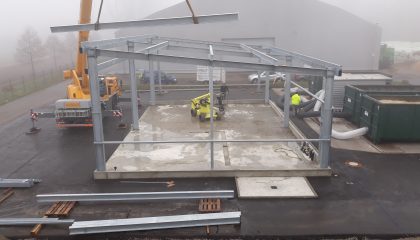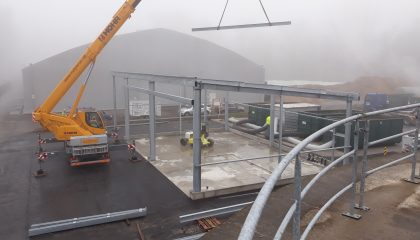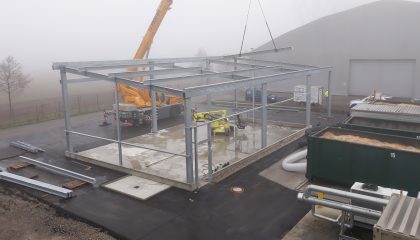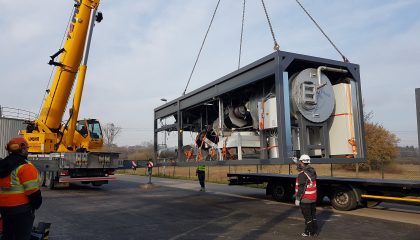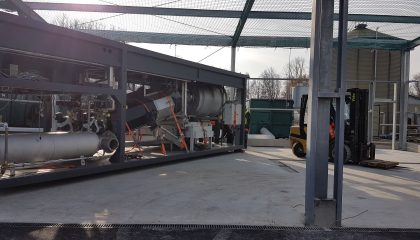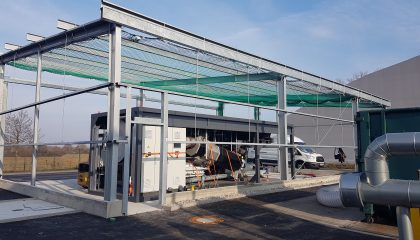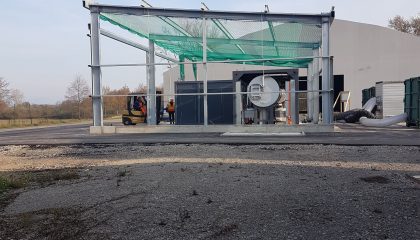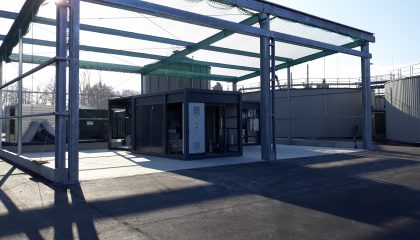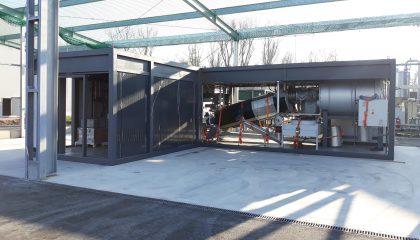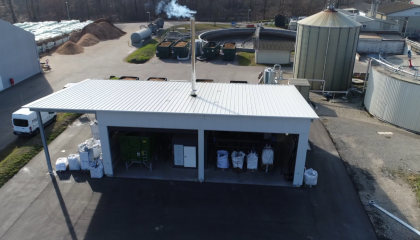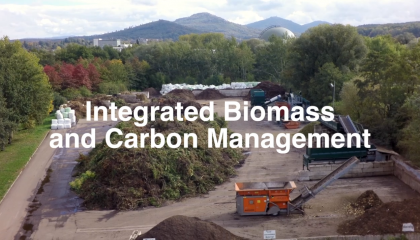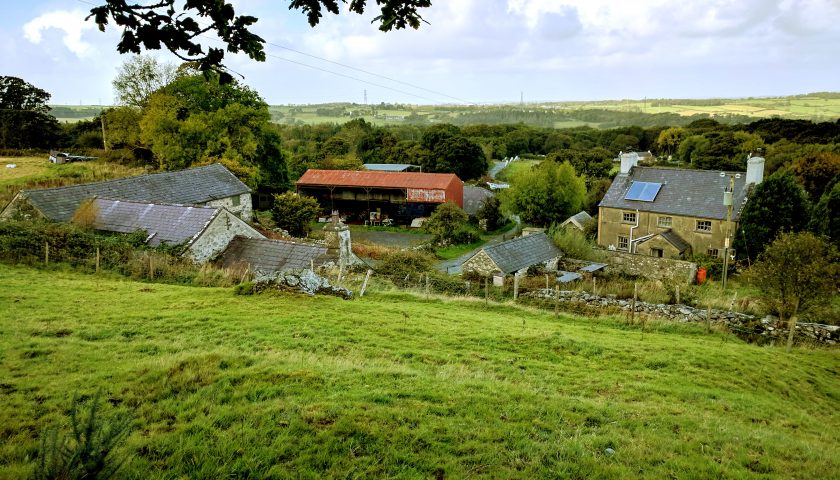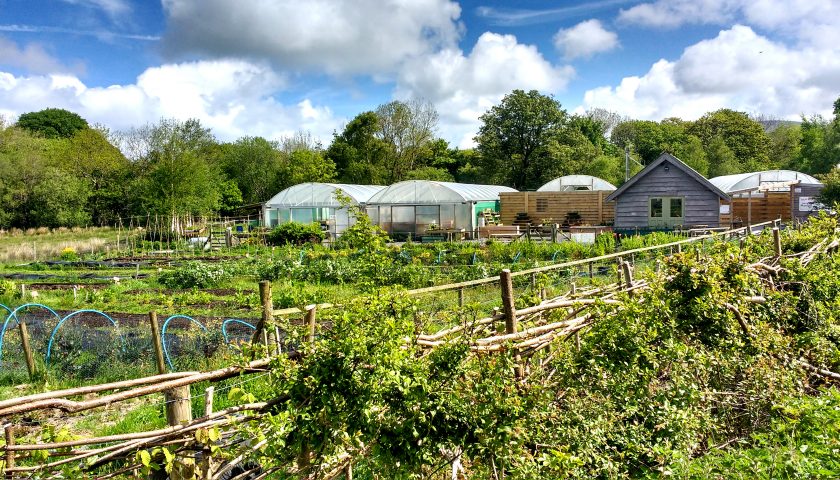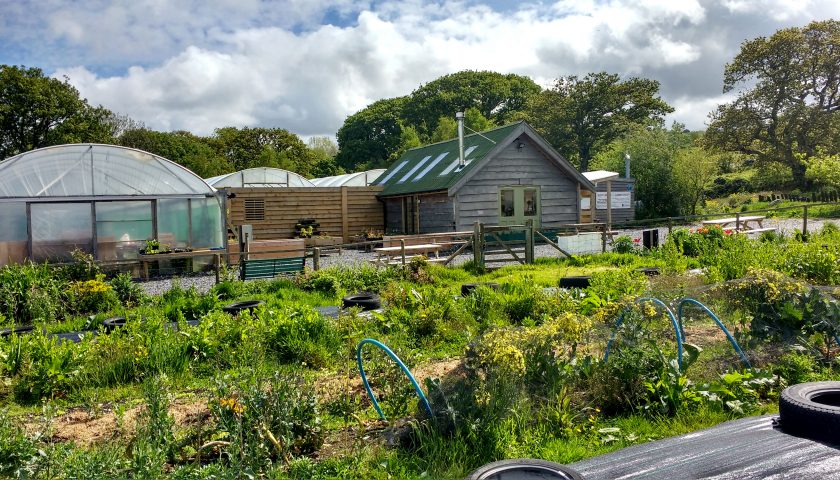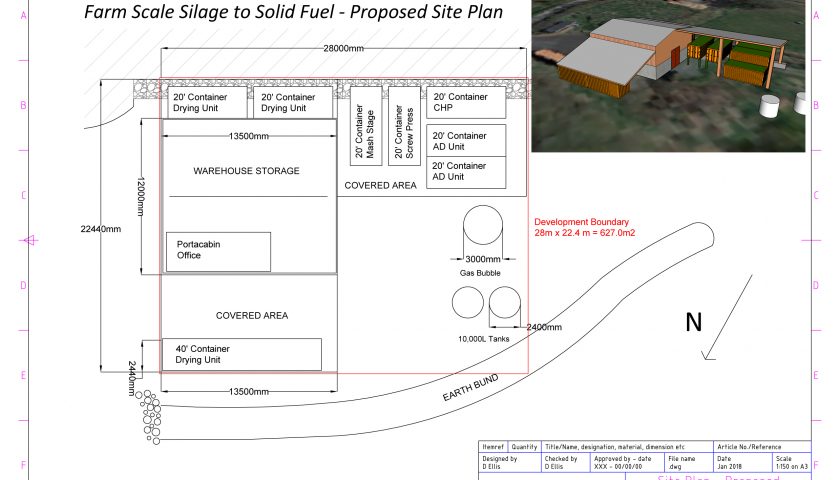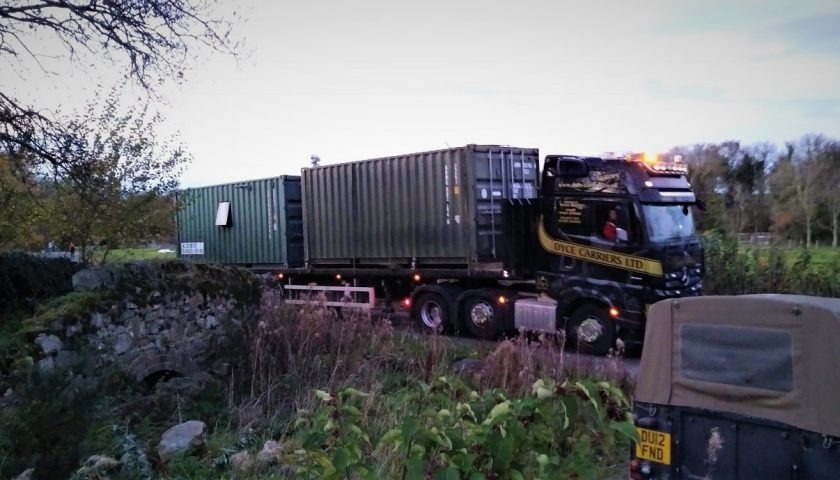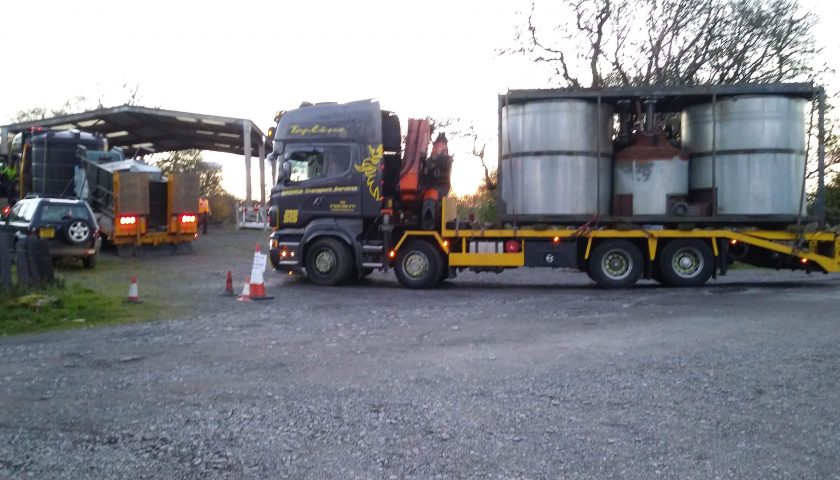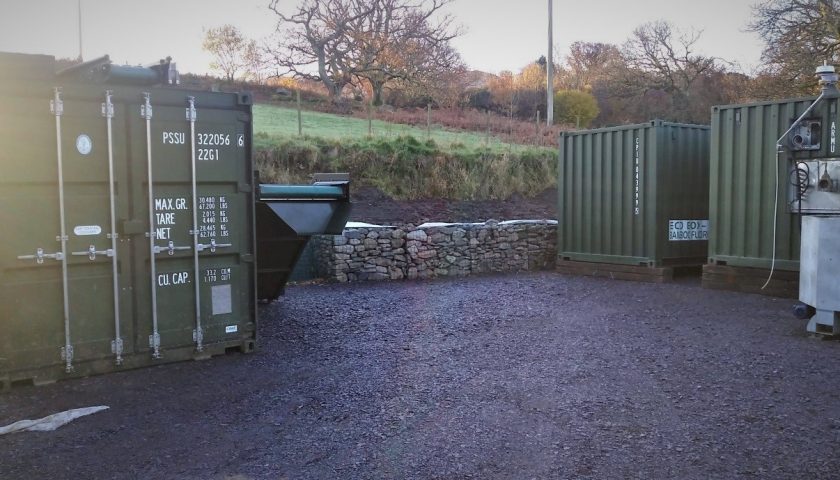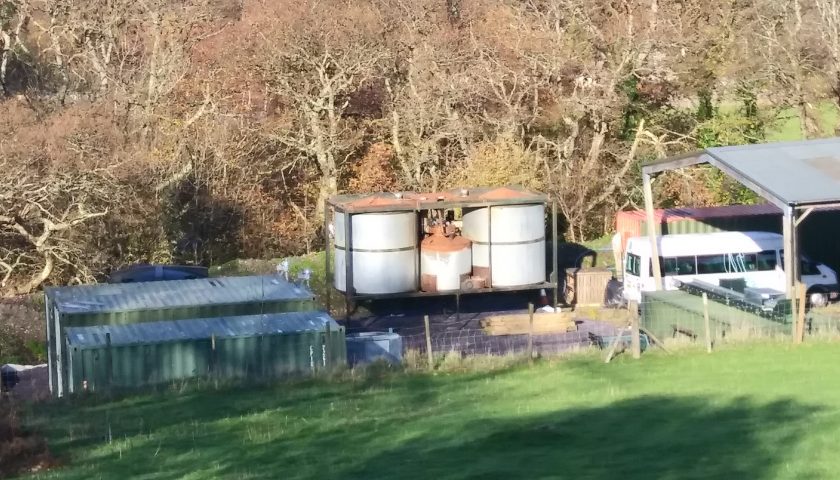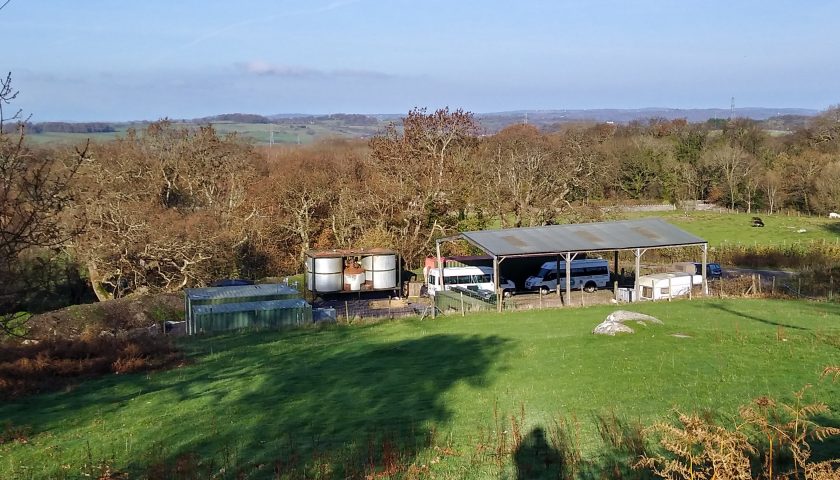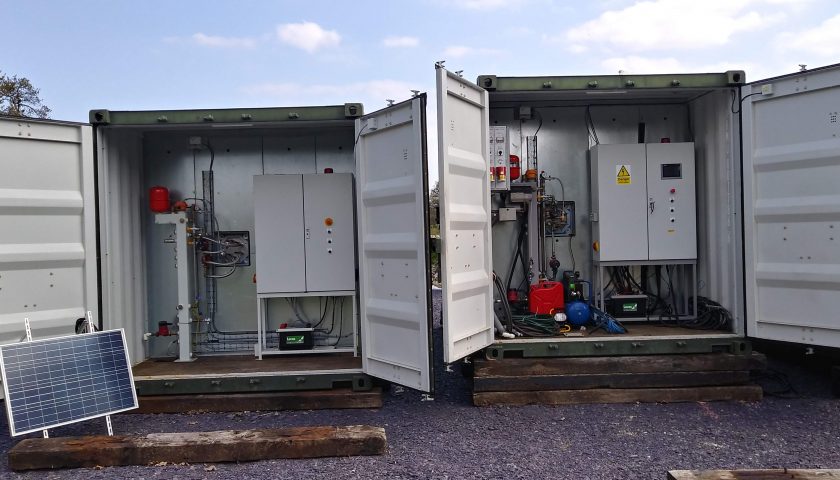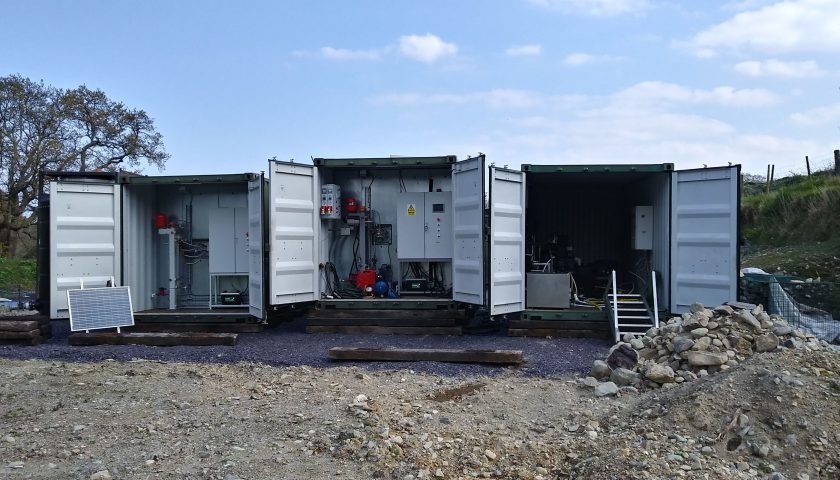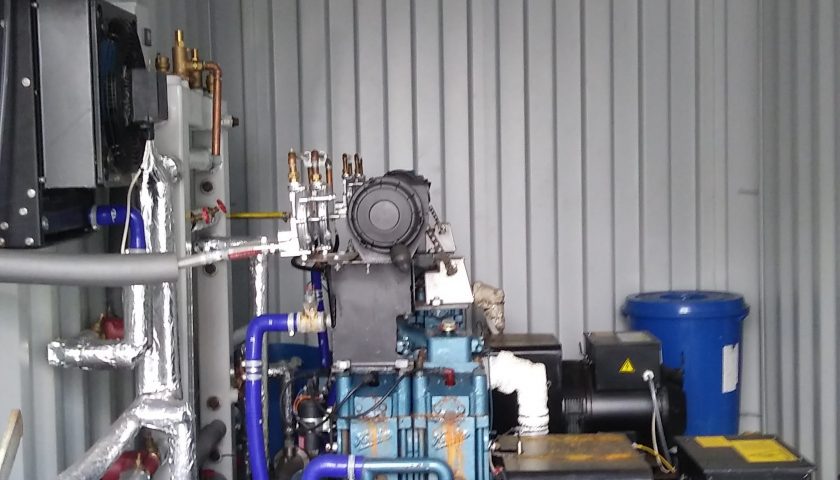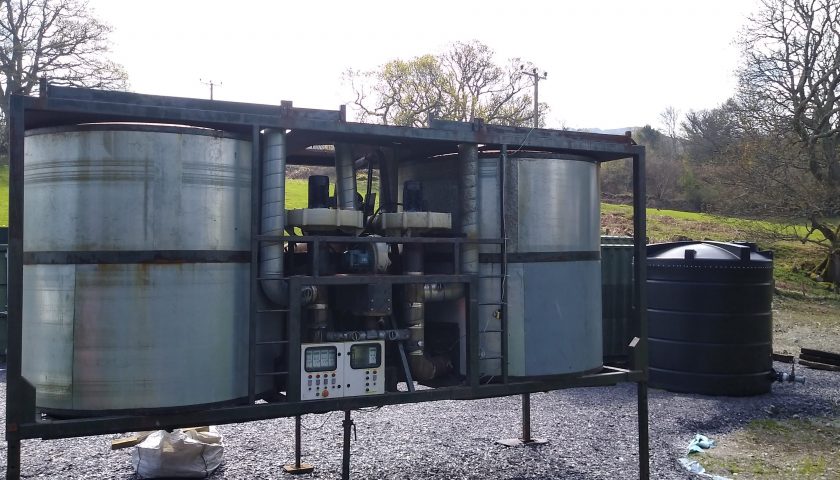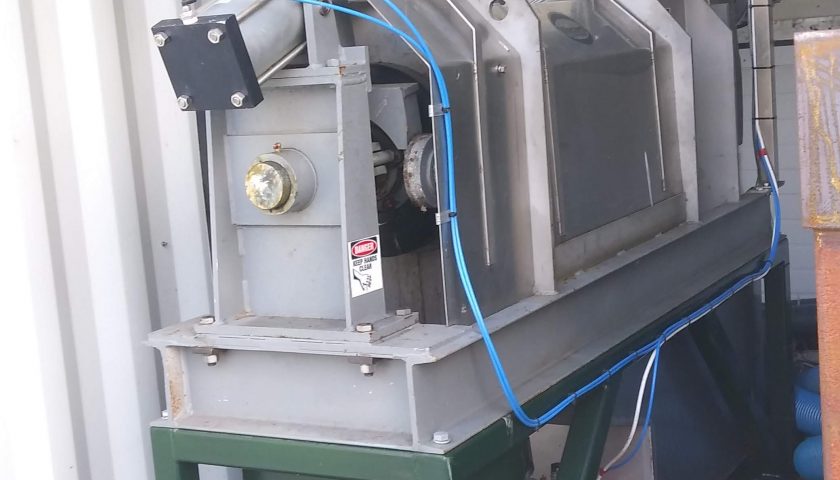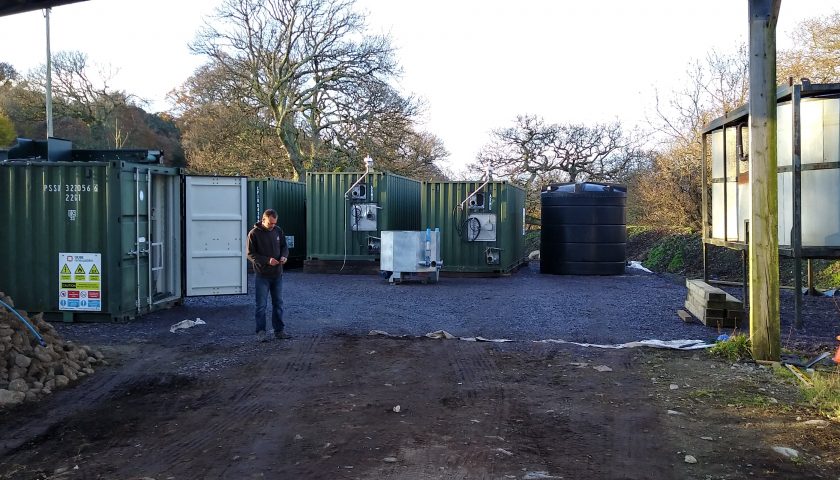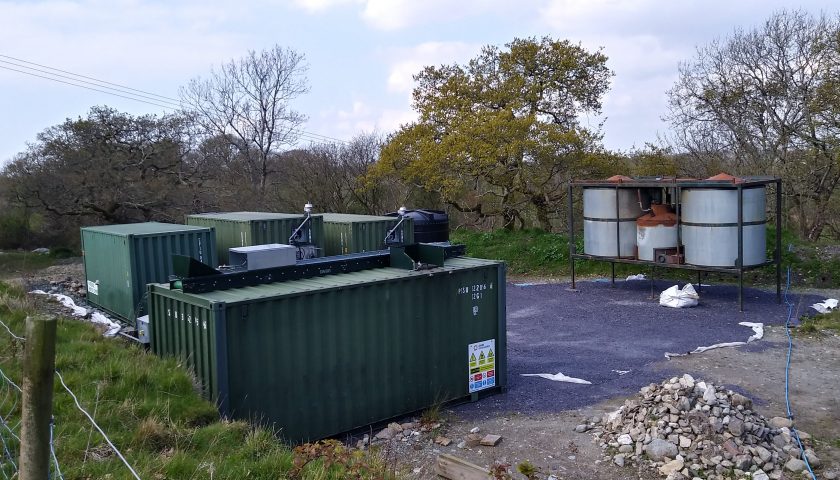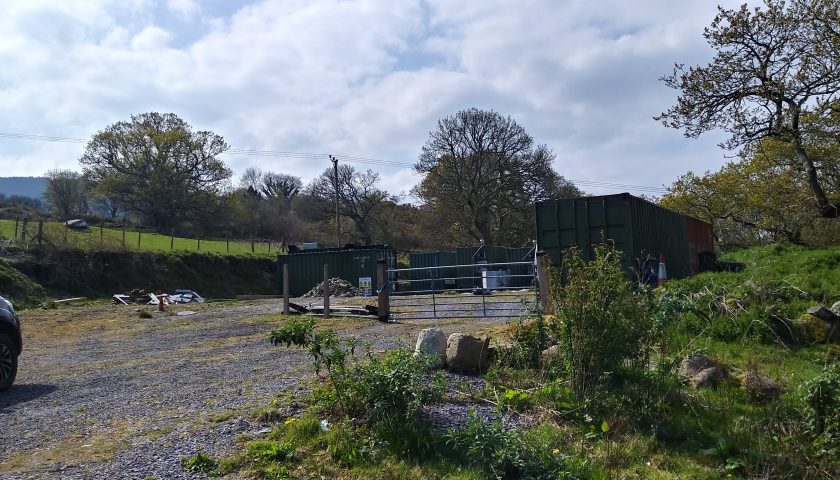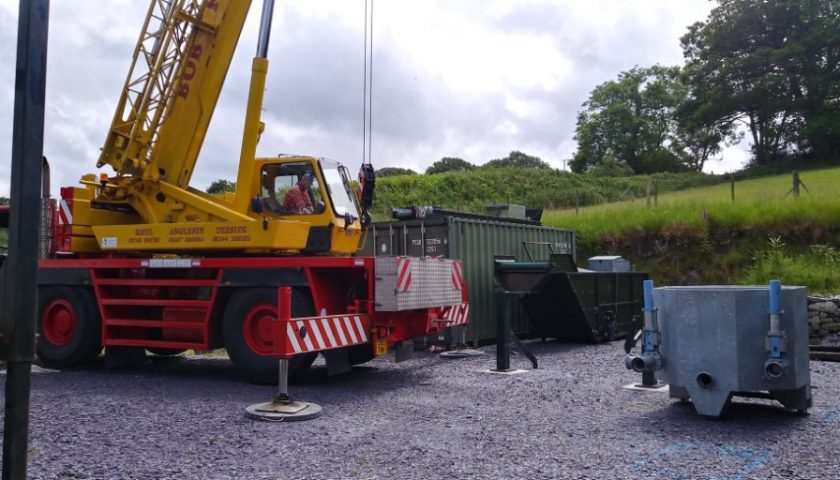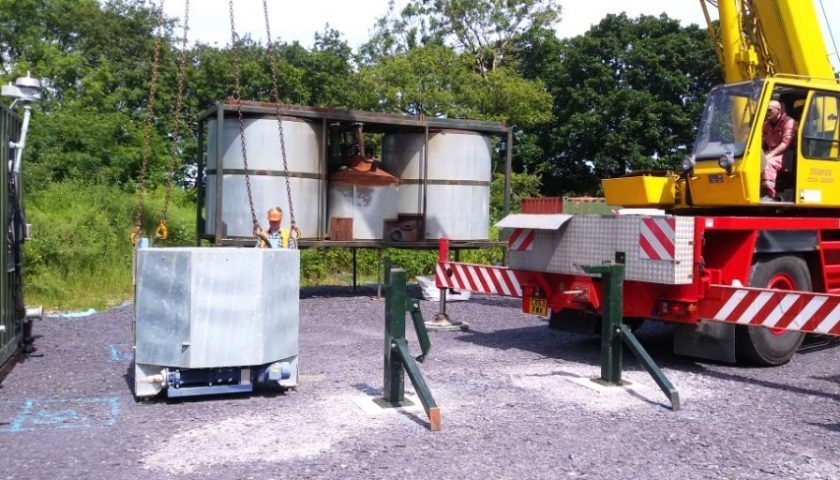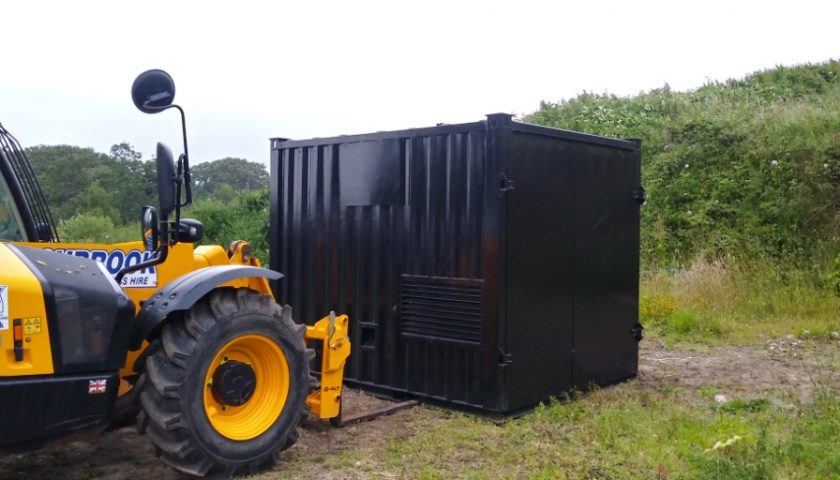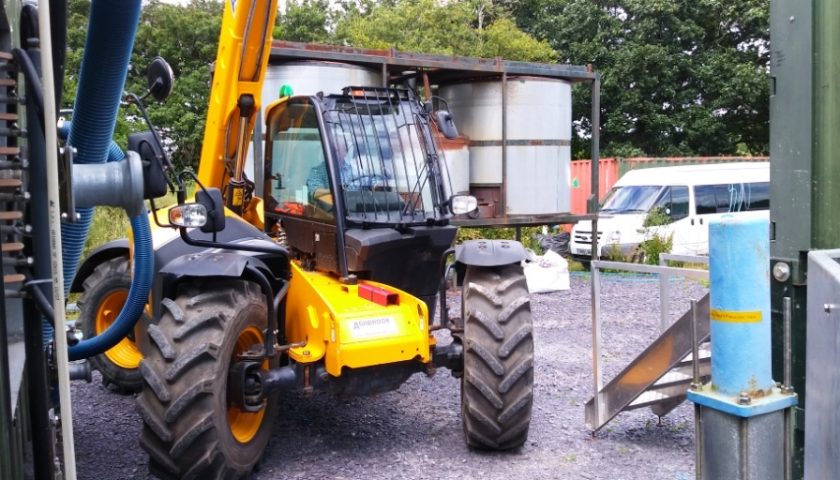The Consortium
The Consortium consists of 5 national teams from 6 North-West-European regions.
Some partners have already long term experience in collaborating with each other, others are rather new to the consortium. The idea of the project is to set up regional and interregional “development kernels” which should develop Regional Plans” and Integrated Biomass Concepts (IBC) to start in a circular biomass economy.
The project office is based in the Region North Hessia and consists of LP and PP03
Germany
University of Kassel (PP01, Lead Partner)
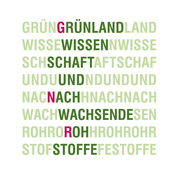 The Department of Grassland Science and Renewable Plant Resources (GNR) is a unit within the Faculty of Organic Agricultural Science at the University of Kassel. It concentrates on various aspects of the most important energetic conversion techniques of agricultural biomass, i.e. anaerobic digestion and combustion. GNR publishes in international, highly-ranked scientific journals and frequently presents its results on international conferences.
The Department of Grassland Science and Renewable Plant Resources (GNR) is a unit within the Faculty of Organic Agricultural Science at the University of Kassel. It concentrates on various aspects of the most important energetic conversion techniques of agricultural biomass, i.e. anaerobic digestion and combustion. GNR publishes in international, highly-ranked scientific journals and frequently presents its results on international conferences.
As Project lead partner, the University of Kassel is responsible for the overall coordination of the RE-DIRECT project. They originally developed the IFBB technology that is getting used in this project to make best use of the residual biomasses. The researchers from Kassel contribute with scientific laboratory equipment and staff, so they can provide scientific and technical expertise regarding biomass treatment, perform biomass tests and conduct life-cycle assessment. They are contributing to the creation of communication material as well, are publishing scientific articles and present the results of the project both in lectures and conferences.
blended learning institution cooperative (blinc eG) (Subpartner of PP01)
The blended learning institutions’ cooperative is a European network structure based in Germany with partners from 22 European member states.
The core business of the blinc eG is European networking, project monitoring and evaluation, technology based communication (online project management, e-Portfolios and learning technologies) as well as valorisation and sustainability planning.
Eigenbetrieb Umwelttechnik der Stadt Baden-Baden (PP02)
As central environment service provider the Environment Technique Baden-Baden is supplying different municipal consumers with bio-energy and bio-fuels such as public schools and an academy. The partner is also responsible for the waste water treatment of the city of Baden-Baden and for the treatment of organic wastes.
During the lifetime of this project the first large scale IFBB pilot plant will be installed at the facilities of the Environment Technique Baden-Baden. Once the plant is set up and running, they will investigate the use of IFBB press-cake for activated carbon production. The aim for this plant is to use the produced activated carbon for their own waste water treatment.
Q21 – Agentur für Qualifikations- und Transfermanagement (PP03)
Q21, founded in 2000, is accredited adult education provider and specialist for technology based communication, informal learning and capacity building both in public and private entities. Q21 brings in its experience in various European projects in the fields of climate friendly management, environmental protection, circular economy, vocational education and capacity building. It is an expert partner for external communication, dissemination and capacity building actions.
Q21 is responsible for external communication and capacity building. It will centrally coordinate all activities related to online and offline communication. In regard to capacity building it will have the overall coordination and the internal counselling of local partners in their information and regional activities.
It will closely cooperate with the LP and the sub-partner blinc and constantly coordinate communication actions with the other WPs, also in regard to investment preparations.
United Kingdom
Asiantaeth Ynni Severn Wye Energy Agency (SWEA) (PP04)
SWEA is an independent charity (energy agency) and not-for-profit company which aims to promote sustainable energy and affordable heating through partnership, awareness-raising, innovation and strategic action.
SWEA will support Cwm Harry in implementation of regional activities and networking. They will contribute to biomass and market potential assessments and implement capacity building activities in UK. SWEA will play an important role in dissemination and forming partnerships with relevant stakeholders in the UK.
Cwm Harry Land Trust (PP05)
Cwm Harry Land Trust is a Welsh based charity. 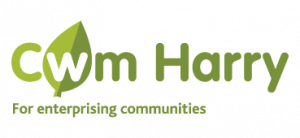 Their purpose is to build community owned business and to focus on enterprises that help to better manage – and better understand – the environment. Acting as a development trust they provide capacity building and support community ownership and small scale enterprises to increase sustainability.
Their purpose is to build community owned business and to focus on enterprises that help to better manage – and better understand – the environment. Acting as a development trust they provide capacity building and support community ownership and small scale enterprises to increase sustainability.
Within the RE-DIRECT project, Cwm Harry is responsible for the building and operating of the farm scale pilot plant in Wales (Investment 2). The preferred location for this plant is in Ffarm Moelyci in Wales, with access and setting among like minded businesses.
Aberystwyth University (PP11)
 Aberystwyth University (AU) and its unit, the Institute of Biological, Environmental and Rural Sciences (IBERS) is an internationally-recognised research and teaching centre providing a unique base for research in response to global challenges such as food security, bioenergy and sustainability, and the impacts of climate change.
Aberystwyth University (AU) and its unit, the Institute of Biological, Environmental and Rural Sciences (IBERS) is an internationally-recognised research and teaching centre providing a unique base for research in response to global challenges such as food security, bioenergy and sustainability, and the impacts of climate change.France
Association d’Initiatives Locales pour l’Energie et l’Environnement (AILE) (PP06)
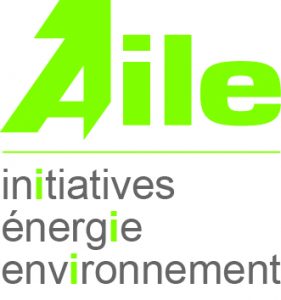 AILE is a local energy agency created in 1995 under the European SAVE programme in partnership with ADEME of Brittany (Agency for Environment and Energy Management) and FRCUMA Ouest (Western Regional Federation of Co-operatives for the Use of Farming Engines). AILE is working on renewable energies and energy savings in agricultural and rural areas of Western France. Their usual partners are both farmers and local authorities.
AILE is a local energy agency created in 1995 under the European SAVE programme in partnership with ADEME of Brittany (Agency for Environment and Energy Management) and FRCUMA Ouest (Western Regional Federation of Co-operatives for the Use of Farming Engines). AILE is working on renewable energies and energy savings in agricultural and rural areas of Western France. Their usual partners are both farmers and local authorities.
Within the scope of RE-DIRECT, AILE will be exploring regional aspects: potential value chains (from input material to output), regional development and analysis. They will be working on compacting logistics aspects in collection and processing of waste including green waste from municipalities and natural areal wastes: from experimentation to writing guide lines on logistics aspects. The focus of AILE is implementing a region value chain: developing cooperation of relevant stakeholders in order to develop the process.
Kerval Centre Armor (PP07)
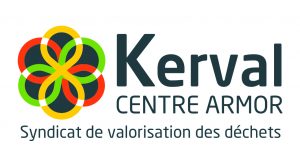 Kerval Centre Armor (KCA) is an Intercommunal household waste treatment and recycling Syndicate. They treat and recycle waste for Côtes d’armor municipalities (310 000 inhabitants, 24 collecting sites, 100 000 tons of wastes of which 40 000 tons of green waste). Kerval obtained the label “zero waste territory”.
Kerval Centre Armor (KCA) is an Intercommunal household waste treatment and recycling Syndicate. They treat and recycle waste for Côtes d’armor municipalities (310 000 inhabitants, 24 collecting sites, 100 000 tons of wastes of which 40 000 tons of green waste). Kerval obtained the label “zero waste territory”.Republic of Ireland
Irish Bioenergy Association (IrBEA) (PP08)
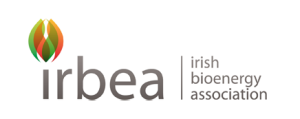 IrBEA is the association representing the bioenergy industry on the island of Ireland. Its focus is to increase understanding of issues related to biomass supply chains used to generate energy in the form of heat, electricity and motion. IrBEA’s main objectives are to influence policy makers to promote the development of bioenergy and to support the interests of members in promoting biomass as an environmentally, economically and socially sustainable energy resource.
IrBEA is the association representing the bioenergy industry on the island of Ireland. Its focus is to increase understanding of issues related to biomass supply chains used to generate energy in the form of heat, electricity and motion. IrBEA’s main objectives are to influence policy makers to promote the development of bioenergy and to support the interests of members in promoting biomass as an environmentally, economically and socially sustainable energy resource.
Within RE-DIRECT, IrBEA will support the irish county Mayo in implementation of regional activities and networking. They will contribute to biomass and market potential assessments and implement capacity building activities in Ireland.
Western Development Commission (PP09)
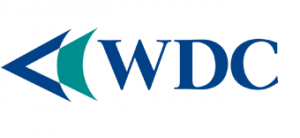 The Western Development Commission (WDC) is a statutory body that was set up to promote the social and economic development of the Western Region of Ireland. They are ensuring that government policy is directed at improving the social and economic situation in the region. WDC is developing projects in the fields of renewable energy, tourism, industry, marine, technology and agri-food.
The Western Development Commission (WDC) is a statutory body that was set up to promote the social and economic development of the Western Region of Ireland. They are ensuring that government policy is directed at improving the social and economic situation in the region. WDC is developing projects in the fields of renewable energy, tourism, industry, marine, technology and agri-food.
They are operating the €32 million Western Investment Fund to provide loans and equity to business and local communities in the West.
The role of the WDC will be to introduce RE-DIRECT project activities and results to new regions in Ireland. It will develop partnerships to stimulate growth in the renewable biomass to carbon sector. As the lead partner in various national and EU funded projects it will share information and networking and hosted training events.
It will investigate local and regional potentials and support value chain development in new regions in Western Ireland.
Belgium
Pro Natura (PP10)
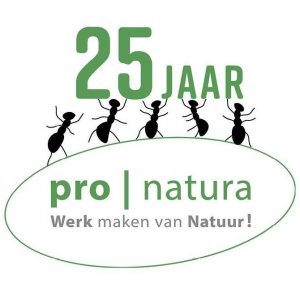 Pro Natura is a non-profit organisation working in a sector of social economy. Pro Natura is a social and sustainable enterprise with 155 employees. The company over the last 15 years takes care for nature conservation and at the same time creating new opportunities for jobs. Through innovative projects Pro Natura encourages green work in the regions and offers employment, training and work experience for people who have difficulties finding a job in the regular labor.
Pro Natura is a non-profit organisation working in a sector of social economy. Pro Natura is a social and sustainable enterprise with 155 employees. The company over the last 15 years takes care for nature conservation and at the same time creating new opportunities for jobs. Through innovative projects Pro Natura encourages green work in the regions and offers employment, training and work experience for people who have difficulties finding a job in the regular labor.
Pro Natura is an expert partner for the evaluation of socio-economic impacts of new value chains in the regions. In the RE-DIRECT project, they will investigate in which way social economy can be involved in the different processes. In addition, Pro Natura will also study the feasibility of setting up an economy based on the use of fibres extracted from the biomass before digestion, with the use of social economy. They will support regions for maximizing employment effects and inclusion of disadvantaged groups.
